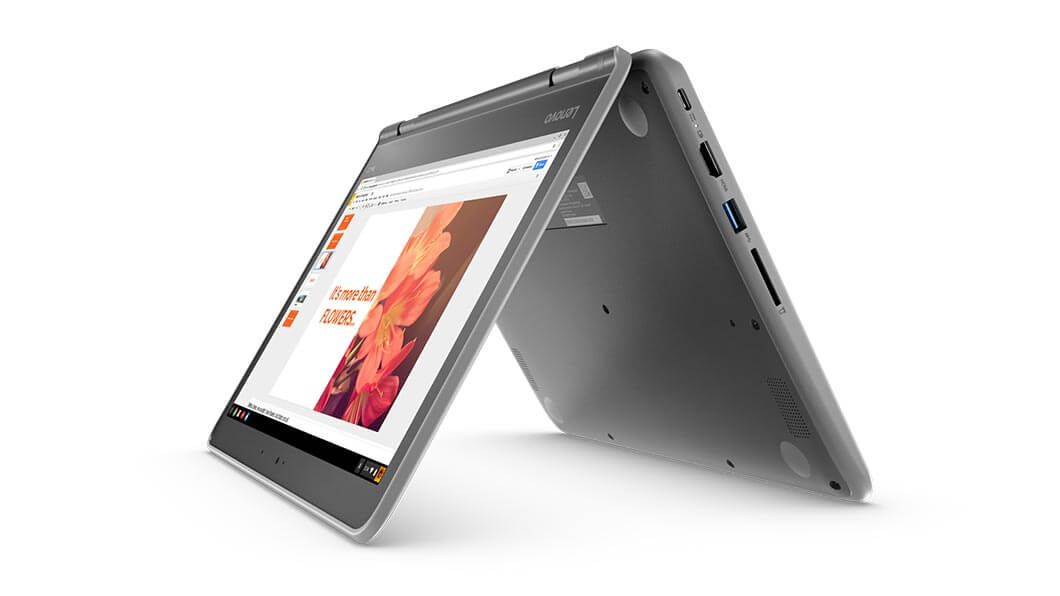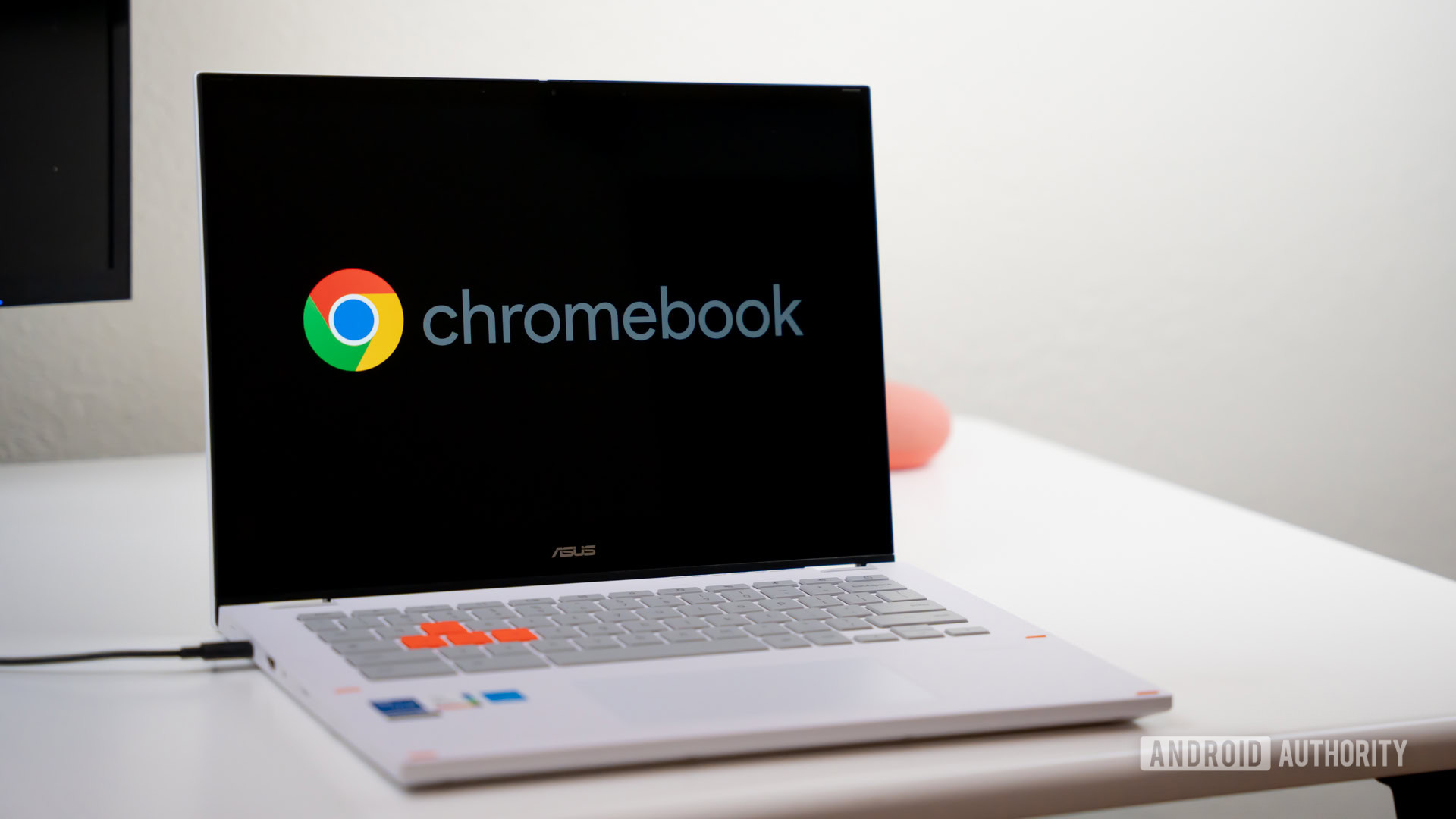Affiliate links on Android Authority may earn us a commission. Learn more.
The Lenovo Flex 11 Chromebook will be able to run Android apps and take a splashing
Published onApril 19, 2017

Companies are still announcing new Chromebook models that will also be able to run Android apps from the Google Play Store. Today, Lenovo joined that crowd with the Flex 11 Chromebook, an upcoming 2-in-1 convertible that has also been designed to take a lot of abuse.
The 11.6-inch Chromebook has a 1,366 x 768 touchscreen display that can flip 360 degrees. That allows it to be used in a number of different configurations, including as a tablet. It weighs about 3 pounds and has been designed to withstand falls of up to 2.4 feet. All of the Flex 11 Chromebook’s ports, along with its touchpad, have been sealed so they don’t get affected if you spill your morning coffee on it. The keyboard can also handle spills as well, up to one cup of water, and channels are in place underneath it so any liquid on top is drained off.

Inside the Flex 11 Chromebook, there’s an unnamed quad-core ARM-based processor running at 2.1 GHz, along with 4 GB of RAM and 32 GB of on-board storage. There’s also a 720p camera, along with an HDMI port, a USB 3.0 port, and an SD card slot to add some more storage. There’s also a USB Type-C port if you want to charge your smartphone or other accessories through the Chromebook. Finally, the battery life for Lenovo’s new Chromebook is expected to last up to 10 hours on a single charge.
The Lenovo Flex 11 Chromebook will go on sale later in April for the price of $279. However, the support for downloading and using Android apps from the Google Play Store will be added sometime later in the future. This particular Chromebook looks like a perfect choice for people who are on the go a lot, and of course the rugged features also make it a good pick for schools. However, it’s a bit disappointing to find out that Android app support won’t be available immediately. Earlier this year, Google announced that all new Chromebooks launched in 2017, and beyond, would support Android apps, but it looks like that support will be rolled out over time.